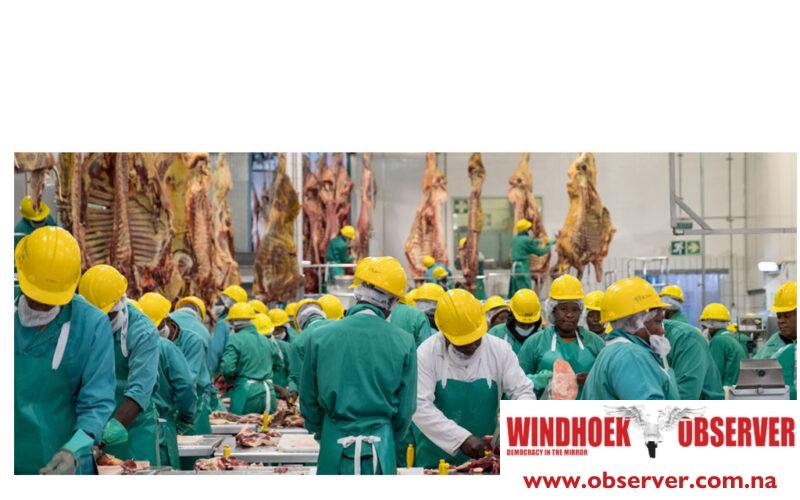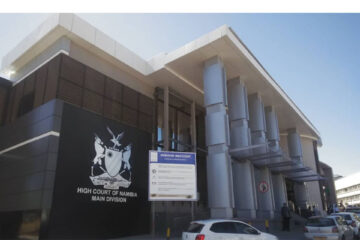Niël Terblanché
Cattle farmers in Namibia have raised concerns over delayed payments from the Meat Corporation of Namibia (Meatco), citing the state-owned enterprise’s severe cash flow problems that are impacting their ability to meet financial obligations.
The situation has escalated to the point where producers are now demanding upfront payments and assurances of timely payments for their livestock.
Following an urgent meeting held last Thursday between Meatco’s management and directors and livestock producers, a written document outlining their demands was submitted.
Among the key demands in the document is the requirement for Meatco to settle all outstanding payments promptly and provide guarantees of timely future payments.
In cases where such assurances cannot be given, producers insist on a 50 percent upfront payment when cattle are slaughtered.
André Esterhuizen, a representative of the Livestock Producer Organisation who chaired the meeting, expressed concern about Meatco’s failure to meet its contractual obligations.
“During the 2022 financial year, specifically between March and August, Meatco failed to pay producers on time as contractually agreed.
The delayed payments subsequently continued, specifically between June and October 2023, with outstanding debt to producers reaching N$200 million at a certain point in time. The above is clearly a recurring issue,” he argued.
Esterhuizen asked why the Chief Executive Officer of Meatco had allowed the situation to deteriorate to this extent and stressed that producers need assurances of timely payments to continue their operations.
Additionally, farmers are demanding the settlement of all outstanding interest payments, a communicated due date for settlement, and a commitment to annual inflation-based increases.
They also plan to charge three percent interest on outstanding payments.
To address the ongoing issues, cattle farmers are calling for a reliable forward pricing structure for at least six months in advance, with pricing to be determined collectively between producers and the Pricing Committee.
They also pointed to the need for clear agreements for each contract signed in the future.
Esterhuizen criticized Meatco’s reliance on government bailouts to sustain its operations.
“No action is taken to become self-sustainable, and Meatco continues to rely on government bailouts to sustain operations,” he said.
Highlighting the ripple effects of delayed payments, Esterhuizen pointed out that producers are struggling to pay their workers, suppliers, and other costs, and auction prices for cattle have plummeted as producers opt to sell at auctions due to delayed payments.
He also noted that Meatco is not receiving an adequate supply of livestock to operate profitably, as a significant number of cancellations have occurred during the year.
Despite having the capacity to slaughter more than 100,000 cattle per year, only 58,000 were slaughtered in the last financial year.




